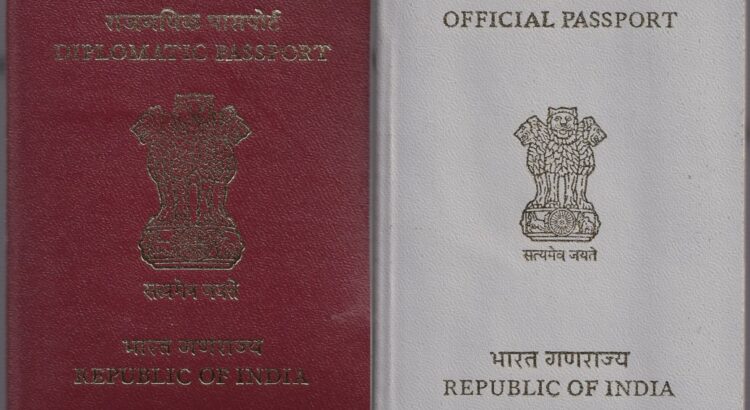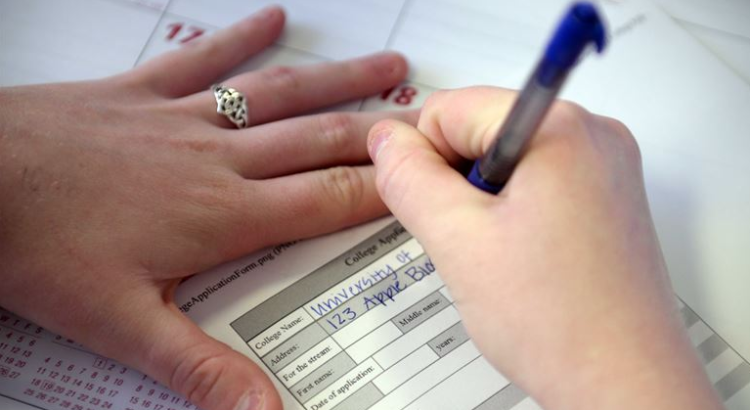Smart people move ahead while securing their future. The digitization and email marketing have given a break to the monopoly of the highly educated bank and corporate officials. Now, the investment policies and plans are vulnerable to the commoners as well.
Read MoreMonth: February 2018

Correct Way of Filing Single Status Affidavit in India to Wed
Are you confused over how to file for the single status affidavit in India?
Alas, solemnizing marriage in the foreign country would be as simple as falling in love! It can be your story as well. The foreign land is not as liberal as India. You need to present a document in support of your single status. It’s licit as per the foreign law.
Read More
Class 1 Officer Attestation Not Must for Tatkal Passport
Are you willing to get a passport?
You can apply for it for whatsoever reason. Before that, you must go through the recent amendment that the ruling government has introduced. It’s about the so called Tatkal Passport. It’s basically issued to meet the emergency need to fly across the border.
Read More
How Can You Apostille Birth Certificate in India?
‘Apostille’ stands for the authentication. It marks the certificate of authenticity. Without it, the birth certificate form or visa application seems just an inexpensive paper. This stamp converts it into a precious asset of yours. As per the Hague Conventions, an apostilled birth certificate, for instance, would be a legal document. It would be valid internationally.
Read More
How to Get Letter of Recommendation from India?
Do you likely to go abroad for studying?
Are acquiring higher college degrees from abroad at any side of your mind?
Well! It’s not as simple and easy as you think. You can make a passport. But, it’s like swallowing bullets when it comes to getting a student visa. The foreign governments have come up with some robust guidelines. These are the stringent laws. You can’t violate them.
Read More
What Do You Do If You Lose Your Degree Certificate?
Your school certificates and degrees are equal to your hard-earned money. You learn and achieve degrees after degrees to ensure an excellent job opportunity in career. But a little bit of mishap can spill the beans over your life’s most precious asset.
Read More










